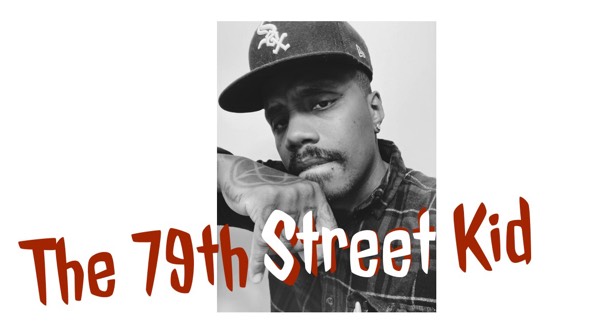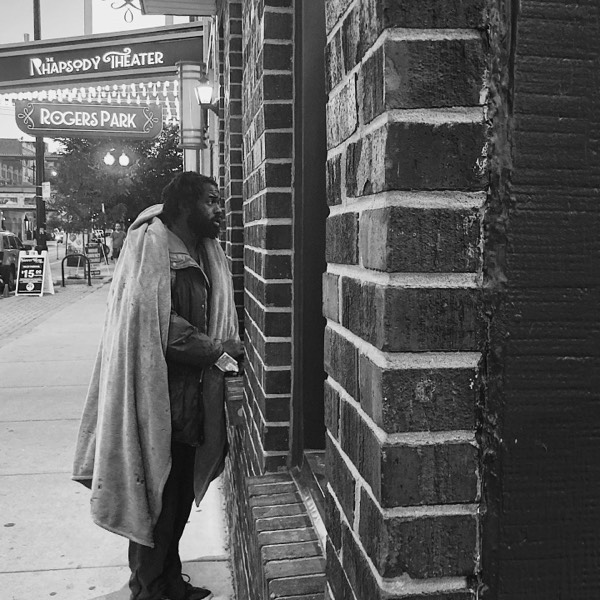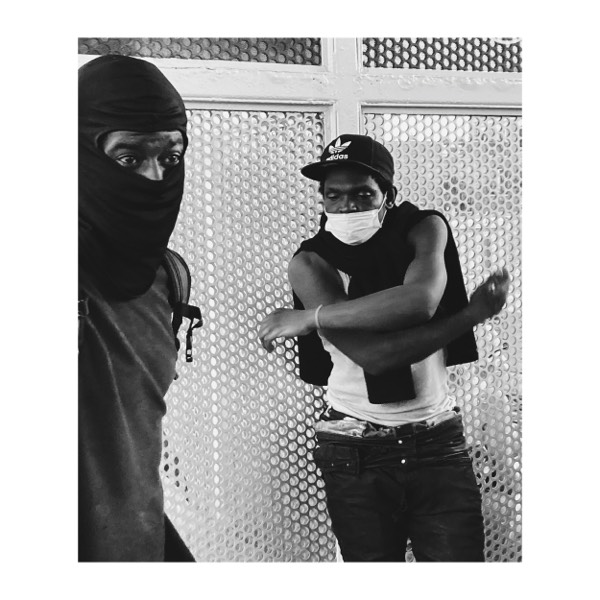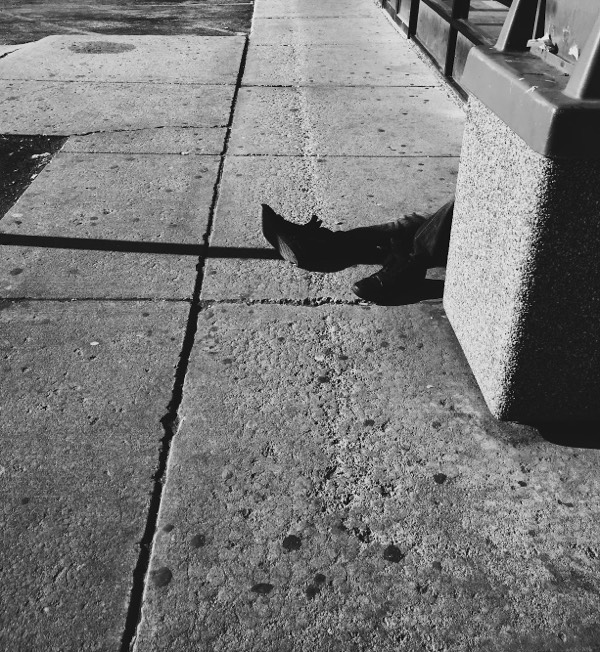
Deborah Pardes
@DBPardes · 1:48
#SwellInterview | The 79th Street Kid / Harvey Pullings, Jr.
I've gotten to know a swellcaster named Harvey Pullings. He goes by the 79th Street Kid and I've been listening to him probably for over a year now. And I love his perspective on the world and the art he shares and his analysis and his his passion for lifting us up from maybe some confusion around what it means to experience and experience complex art. He helps us

Deborah Pardes
@DBPardes · 0:42
Hello. The first question I have has to do with you defining something for me, which is the concept of living an urban life. A lot of people live in cities, but sometimes they feel protected against the city. I think a good artist is the opposite. Right. They kind of drop into the grit of the city to inform all their work. And I know that you studied film and advertising and sociology, and that's a great trifecta right there of things that really influence you
The idea of just an overall experience that we all can share and not necessarily attribute it to I live in this neighborhood and you live in this neighborhood. That is urban life. It's the ability of us being able to meet in the middle and kind of learn about each other without necessarily the asterisk that comes with so many pieces of politics or so many different pieces of material that people would like to use to divide us. So if that makes any sense
Swell Team
@Swell · 0:15

Deborah Pardes
@DBPardes · 0:54
And I know you explore both, especially when you shoot artists, but when you're trying to capture historic neighborhoods like you do, and you're trying to capture the narrative of a place, do you tend to say, wow, I wish I was filming this versus I wish I was shooting this? And how does that work as an interplay? Like, when do you decide to shoot still versus doing something that's more cinematic?
So, for me, in my heart, I just always love going back to the photograph because I think it's just a great way to see the world just from one moment and you get a great deal of information. So, like I said when I was traveling late at night, the best way for me to really get the point across is to take a picture of these people who are selling cigarettes. Take a picture of the hands that tell that story

Deborah Pardes
@DBPardes · 1:32
And I'll ask a third question and then we'll see how this evolves. And I'll probably ask more and hopefully more people will as well. It has to do with your ability to share with us in Your Swellcast so many reviews and sort of critical analysis of art, and I've really enjoyed just experiencing and learning stuff I never knew anything about. But then there you are inviting me in, and you do it beautifully and playfully
So whenever I analyze film, whenever I do reviews, whenever I do Antidotes, I try to recall that somewhere, somebody is understanding film only through the perspective of 100 movies that AFI may have picked that are very safe, very white and very one sided. And so I try to discuss things and discuss these films that everybody likes. I'm more than open to be able to talk about Citizen Kane and I'm more than open to be able to talk about Singing in the rain




